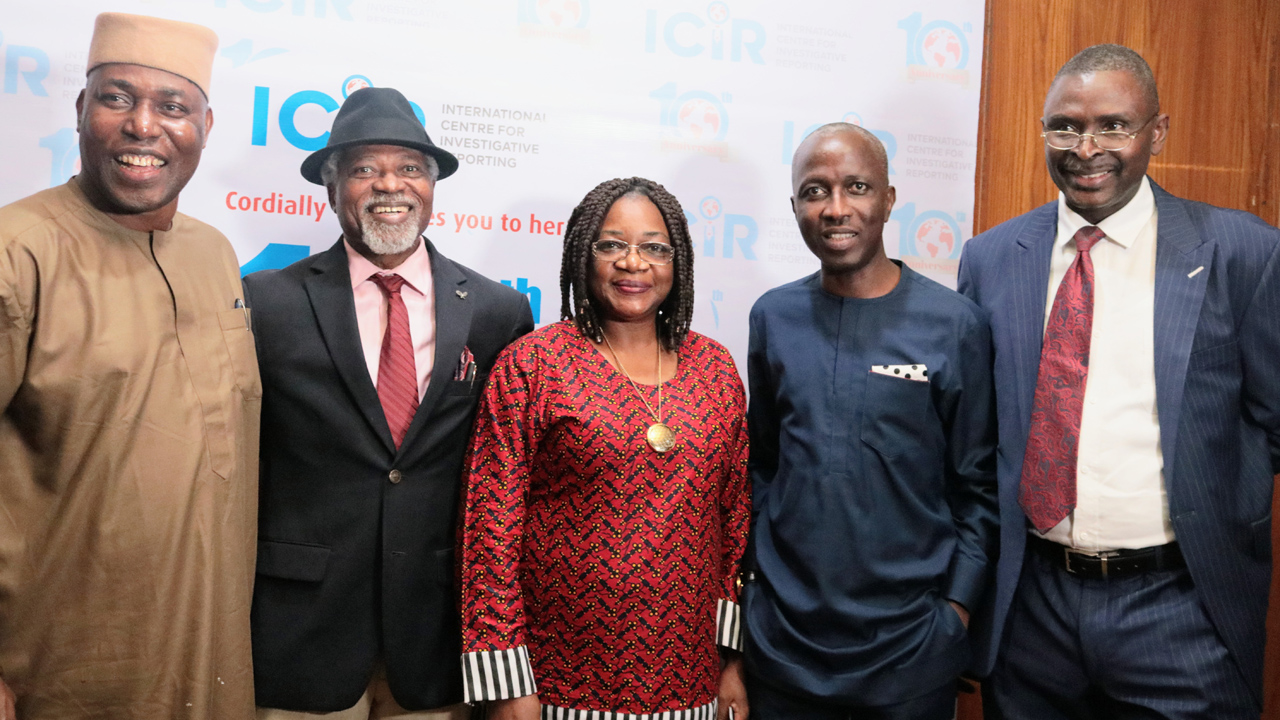
They identified collaboration, strategic partnership and diversification as critical elements to running a sustainable media business under the current harsh economic environment.
Speaking at the media sustainability conference organised by International Centre for Investigative Reporting (ICIR) with the theme, ‘Sustainability Imperative for African Media’’ yesterday in Abuja, keynote speaker and Chairman of Arena Holdings, South Africa, Tshepo Mahloele, pointed out that newsrooms across the world were changing the traditional media business to meet the evolving landscape occasioned by technology and the Internet.
He stated that newspapers were not dead, just as the demand for news had not changed, except for the quest for larger audience.
Mahloele said the only way for the media to be sustainable was to transit from news to content business.
Represented by Bongani Sigoko, the keynote speaker added that for any media organisation to remain relevant, it should not just be a purchaser of international content, but also the producer of the same material.
He observed that the traditional media system was gone, advising newsrooms to partner with their international colleagues for sustainability and innovation, especially as it relates to income for self-sufficiency to hold the government accountable.
Opening the panel discussion, Managing Director and Editor-in-Chief of The Guardian, Martins Oloja, pointed out that the political economy of press freedom “is the business side of journalism,” adding that in spite of the high inflation in the country, aggravated by the exchange rate, newspapers could not raise advertising rates or cover prices due to the parlous economy.
He said: “We have so many high-stake companies, the organised private sector to sustain press freedom in other jurisdictions. We don’t have organised private sector here, they’re struggling too, if the prices are raised, they take it to other organs that would take less money even though they’re not good enough. It is not easy for broadcasters, as they have to pay satellite companies.
“Sustainability is a problem when we can’t print 75,000 copies anymore. How do we keep the business going? This is a question that experts, professionals and managers here should help us with.”
In her submission, Chief Executive Officer, HotFM, Senator Chris Anyanwu, noted that, unlike advanced democracies where the media find ways of being sustainable and enjoy a modicum of freedom and independence to hold power accountable, the Nigerian landscape “is heavily dotted with potholes, which media owners, reporters and support staff have to navigate to even exist.”
Anyanwu, who was represented by a veteran Journalist, Angela Agoawike, counselled that media owners need to look at other ways of utilising what they have to raise funds for core business by marrying the media as a business and the media as the fourth estate of the realm.
Also speaking, Vice-Chancellor of Federal University, Kashere, Gombe State, Prof. Umaru Pate, noted that technology was fast-changing and communication technology becoming the most dynamic in the world.
He added that the Internet was completely changing the business of the media – which is creating limitless opportunities for several other businesses in the world – even as it had also created problems that needed to be urgently addressed
On her part, Chief Executive officer of RadioNow, Kadaria Ahmed, said the trust had remained one major issue that media managers must manage well because it determines the traffic drive or audience the medium attracts.
She observed that once a target audience builds a sense of trust and credibility in the media news content, it grows patronage.
On the pivotal role of media independence for sustainability, Prof. Abigail Ogwezzy-Nsidika of the Mass Communication Department, University of Lagos, stated that media independence must be maintained all-time for the quality and reliability of news content.



